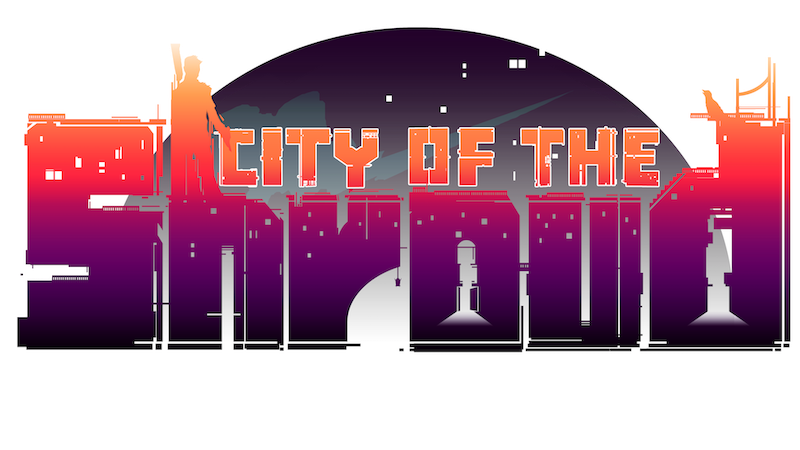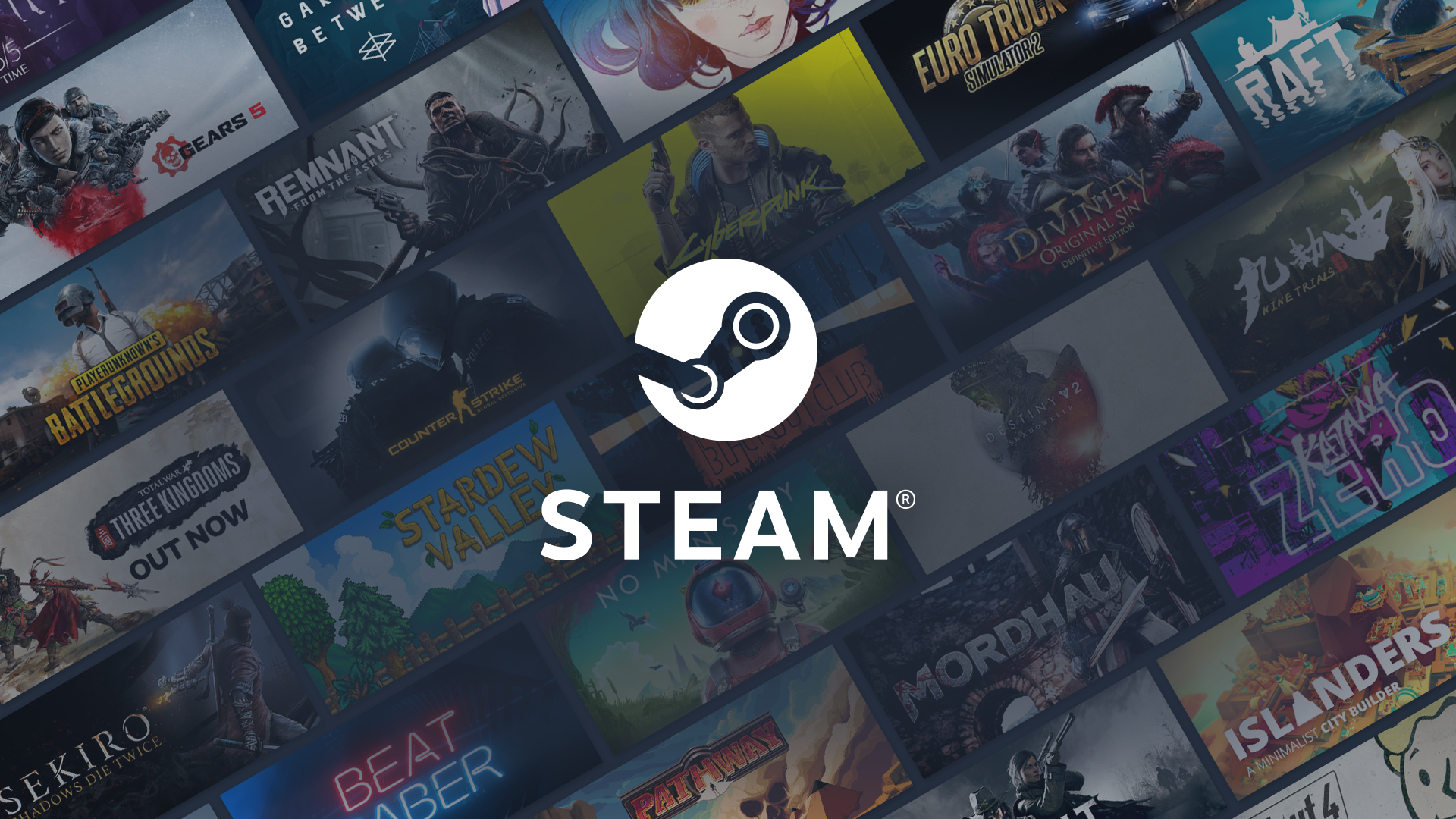Streaming is a feature, not a platform.
The winners of the streaming wars will be those who tie streaming into a bigger service (i.e. services like Game Pass) or those who plug streaming into platforms people already use (i.e. services like GeForce Now).
Stadia, just like OnLive, tried to make itself the platform, complete with bespoke hardware. The cost of doing everything on the cloud 100% of the time is unbearably huge and the act of actually playing on a cloud server will not be attractive to most consumers should such a thing ever hit critical mass (imagine having to queue to play a big release, because that's The Future if these cloud gaming grifters get their way).
As a broader mini-rant, people cite Netflix as a reason that cloud is The Future of Gaming, but the medium of film and TV and how people engage with them is completely different, as are the costs associated with delivering that content to end users. Streaming something from Netflix vs downloading it on iTunes are actually not that tangibly different from a delivery perspective. The same video is being transmitted over the internet and downloaded to an end device that decodes and plays it. But effectively if you download a film from iTunes and stream the same film at the same bitrate from Netflix in the same format, chances are the bandwidth and processing requirements to deliver and display that content are extremely similar.
When you think of it like that, Game Pass/Ubisoft+/EA Play/PS Now are the closest things we have to Netflix for games, and while some of them incorporate an optional streaming element, they all offer downloads and I expect downloading is the primary way people engage with those services. In that regard it is functionally similar in delivery to buying a game. The difference comes in the business model, and that's why I think those services more closely resemble Netflix than any cloud service ever would.
Now cloud streaming is a whole different can of worms, but since it has the word "streaming" in it people obviously think it is just like Netflix. Alas, centralising processing is a nightmare because silicon is a finite resource, and if you put more servers in your rack than you actually need you've just sunk a ton of money that someone paying monthly is never going to recoup for you, and if you don't put enough in your rack all of a sudden customers are waiting in queues to play a game. Just imagine having to queue for upwards of an hour to play the new GTA on a cloud service. It's insane and there's not really any consumer-focussed cloud or computing platform that even comes close to being an equivalent.
What's even more insane is anyone who remembers mainframes already knows all the pitfalls of centralising compute. The best solution to ensure quality of service and financial feasibility is to put compute at the edge of the network and make the end user pay directly for those computing costs.





















